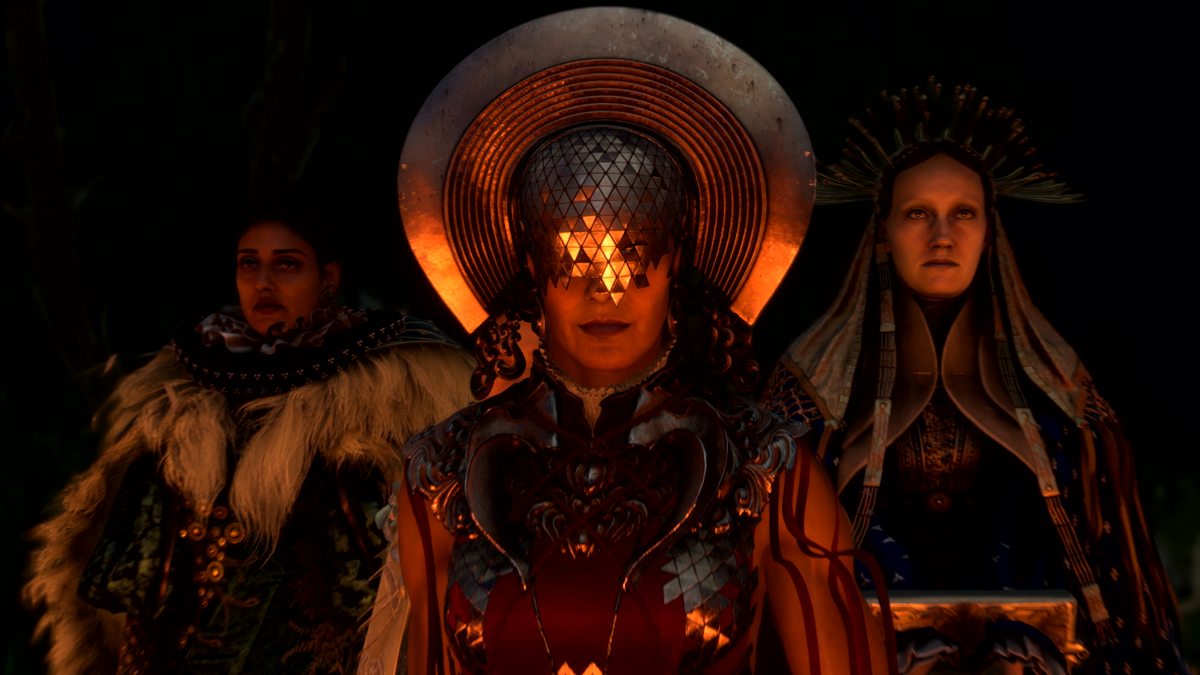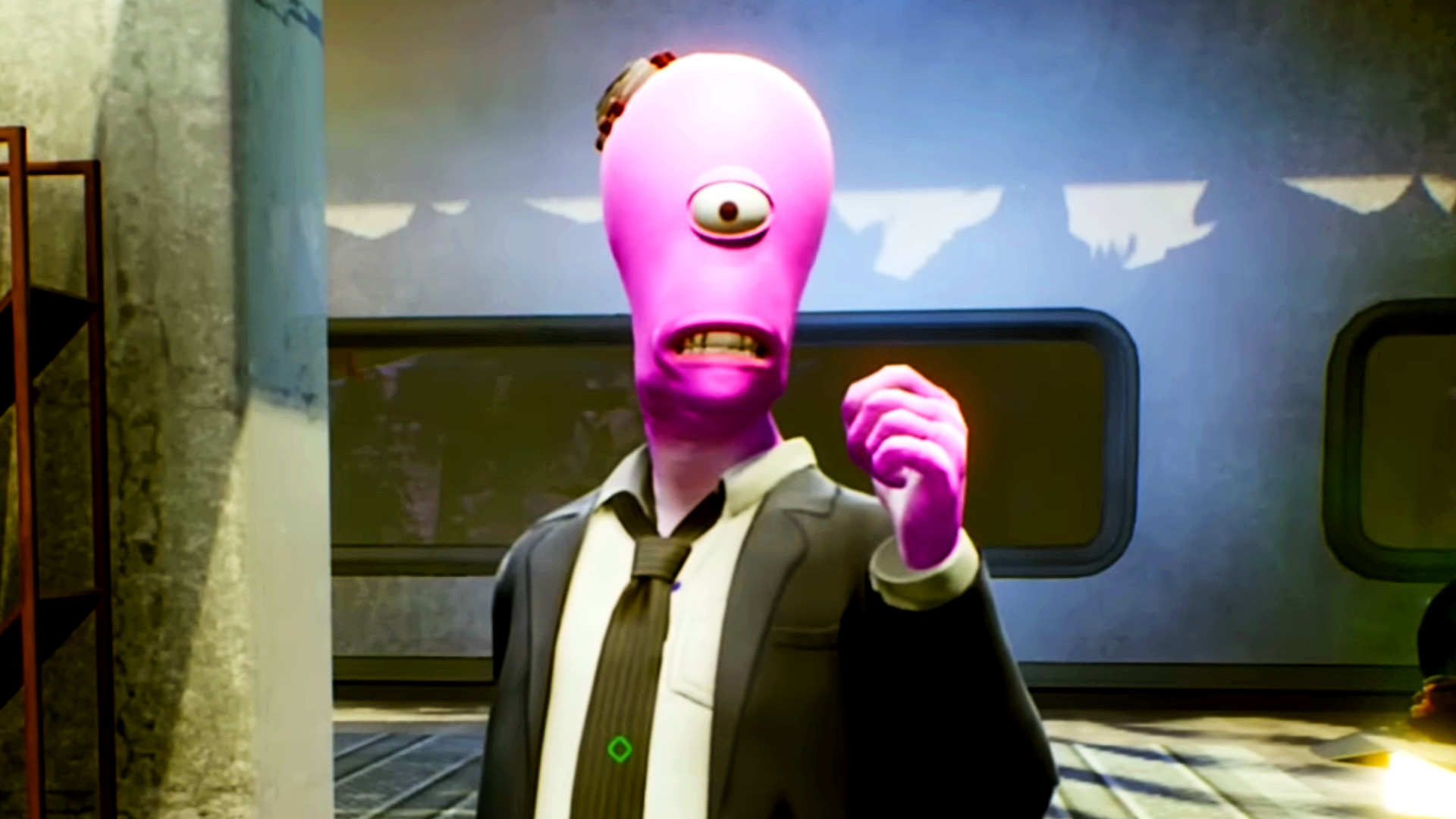"shyt, alright, if you're gonna rhyme everything, just kill me now," responds Frey, hands in shackles. She isn't just being flippant, she's lampshading the artifice of this situation, calling attention to (and dismissing) the absurdity of a sorceress-queen who speaks in rhyme. People call this type of dialog Whedon-esque a lot, though the Marvel example I think of the most is that bit in the most recent Spider-Man where MCU Peter and his friends laugh at the idea of someone named "Doctor Otto Octavius." Both of these lines—and a great deal of similar smirking, snarking, wink-at-the-camera style comedy—miss for me in the same way: They feel ashamed of the world that the lines are being spoken in.
And I get it. I work in "genre" despite having a lot of high-falutin interests. I know the strange feeling of writing about orcs or robots or death gremlins or rhyming sorceress-queens by day, only to spend my free time consuming stories that are grounded and real and which shake my bones free from one another. And I also know the other half of this, which is that my work in genre spaces gets looked down on. These are not new types of feelings!
But the thing is: When I sign up to go to the mystical world of Athia, ruled by four sorcerous Tantas and cursed by mysterious blight... I'm here for the artifice! I'm on board for ominious rhyming god-queens, and I'm not sure why Frey—for whom this is not artifice, and instead is her life, is not on board for it.
All of which is to say that for me, it's not so much that "the writing is cringe." It's that that Frey herself is cringing, and by proxy there is a sense that the writers are doing the same.
But the marketing has been filled with this shrugging posture, long before people started posting clips.
And they didn't have to! As an example of this, and I don't mean this as disrespect to the English voice actors in the clips going around, but like... check out this Japanese language trailer featuring the aforementioned sorceress-queens:
Is it a little over the top? No, it is unapologetically over the top. It's insisting that you pay attention to so much of what originally seemed so appealing about Forspoken, like its bold character design and big, bright magical effects. It makes me wonder just what else this game could have up its sleeves.
But when the protagonist rolls her eyes and laughs at one of these characters like she's faced with the clichés of yet-another-stock-standard-fantasy-world, it makes me doubt that the world does have anything unique to offer, and makes me instead wonder if I was wrong to ever imagine that it did.
5*




 Breh where tf in nyc do people talk like that, I grew up in brooklyn and lived in queens, fukk the slang her dialect is totally wrong, and the actual jokes are uninspired it's not witty or ironic. I'm beginning to notice a type of willful ignorance from certain Black gamers when talking about Forspoken even my friends irl, being prematurely defensive about dialogue that just isn't very good.
Breh where tf in nyc do people talk like that, I grew up in brooklyn and lived in queens, fukk the slang her dialect is totally wrong, and the actual jokes are uninspired it's not witty or ironic. I'm beginning to notice a type of willful ignorance from certain Black gamers when talking about Forspoken even my friends irl, being prematurely defensive about dialogue that just isn't very good.
 Sounds like you went and looked for a reason not to engage with the point he made
Sounds like you went and looked for a reason not to engage with the point he made

